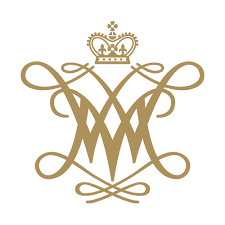 The site of one of America’s oldest churches founded entirely by free and enslaved Blacks may soon be unearthed. Archaeologists, under the guidance of the First Baptist Church in Williamsburg, Virginia, have excavating this nationally significant site to find the earliest structure within the city limits where the congregation met.
The site of one of America’s oldest churches founded entirely by free and enslaved Blacks may soon be unearthed. Archaeologists, under the guidance of the First Baptist Church in Williamsburg, Virginia, have excavating this nationally significant site to find the earliest structure within the city limits where the congregation met.
Ground-penetrating radar indicates that remains of this early structure used by members of First Baptist Church — originally founded in secret by free and enslaved Blacks at the start of America’s Revolution — may lie buried near the intersection of Nassau and Francis streets in Colonial Williamsburg’s Historic Area.
Students and scholars from the College of William & Mary will assist Colonial Williamsburg archaeologists as they dig in the ground and through church and foundation records to explore the church’s history. The university is offering two foundation-funded fellowships for graduate students enrolled in its anthropology program, as well as opportunities for undergraduates enrolled in the National Institute of American History and Democracy program.
“We’re delighted to be a part of this collaboration and to be supporting historical discovery of such consequence,” said William & Mary President Katherine A. Rowe, who serves on the project’s steering committee. “The First Baptist dig represents a significant step in Williamsburg’s commitment to document and tell a much fuller story of the defining role of African Americans in our nation’s history. For W&M, it’s particularly important that our students can directly contribute.”

